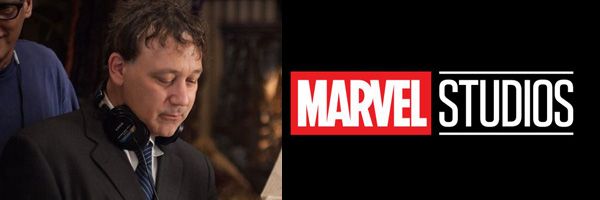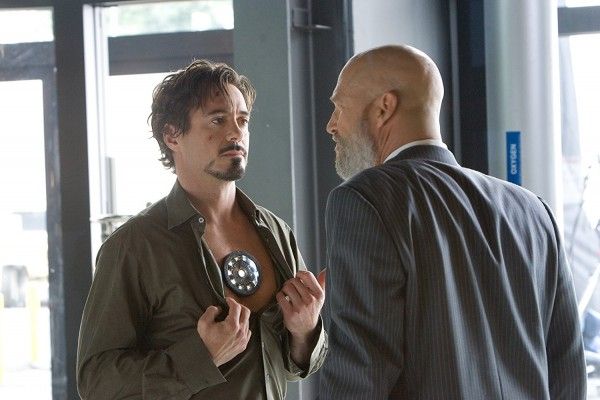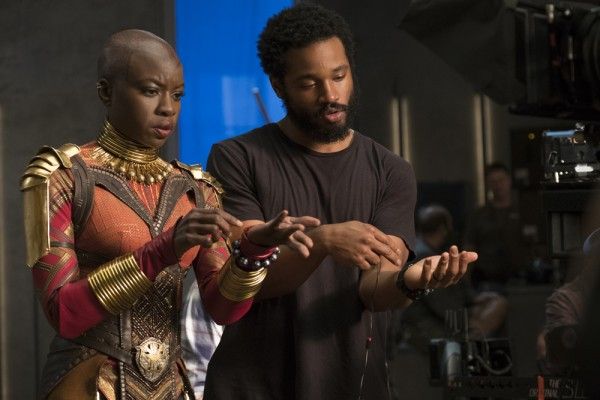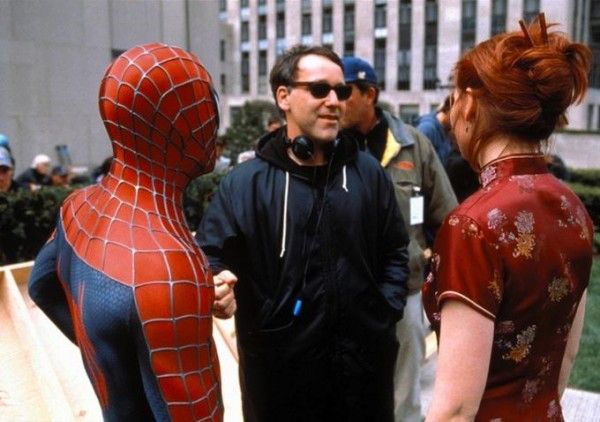Some huge superhero movie news broke last night. In the wake of filmmaker Scott Derrickson’s exit from the Doctor Strange sequel Doctor Strange in the Multiverse of Madness, many wondered which up-and-coming director would be hired in his stead. But in a shocking turn, we learned that Marvel Studios has gone way high, as legendary filmmaker Sam Raimi is actually now in talks to take over Doctor Strange 2. This news was as surprising as it was exciting, as Raimi—who previously helmed Sony’s Spider-Man trilogy in the 2000s and put his stamp on the horror genre with his iconic Evil Dead trilogy—is far from the typical MCU director. He’s a well-established name whose last film was a mega-budget Wizard of Oz prequel for Disney called Oz the Great and Powerful. And while this is certainly more reason to be excited about Doctor Strange 2, it could also be a sign of big things to come in the MCU as Marvel Studios fleshes out its post-Avengers: Endgame plans.
In the early days of the Marvel Cinematic Universe, Marvel Studios was simply trying to carve out a name for itself as an independent producer. They signed a distribution agreement with Paramount Pictures, but much was made of the fact that their initial slate of movies—Iron Man, Thor, and Captain America—were not exactly drawing from an A-list stable of comic book characters. That made casting those films particularly tough, which is why they anchored each film with one established performer: Jeff Bridges in Iron Man, Anthony Hopkins in Thor, and Tommy Lee Jones in Captain America.
But as the films of the MCU began dominating the box office and improved their stature critically, Marvel Studios became capable of landing some serious A-list talent in front of the camera. Sir Ben Kingsley played the villain in Iron Man 3, Glenn Close popped up in Guardians of the Galaxy, and pretty much the entire ensemble of Doctor Strange was stacked with esteemed talent. Soon incredibly famous actors were more than eager to sign onto the MCU, with Cate Blanchett, Michael Keaton, Kurt Russell, and even Robert Redford joining the ranks. Marvel Studios had gained a reputation as a place where actors could have a lot of fun with a meaty role that probably wouldn’t ruin their career, and I imagine the payday wasn’t bad either.
Now, with Raimi’s potential hiring on Doctor Strange in the Multiverse of Madness, Marvel may finally be getting to that same point with their directors as well. For the initial slate of MCU movies, Marvel hired a few established directors like Kenneth Branagh and Joe Johnston, but save for those two the studio really went for filmmakers who were either flying a bit under the radar or who hadn’t yet been given the shot to tackle a big spectacle film. It’s also noteworthy that neither Branagh nor Johnston returned for their respective sequels. Soon people like Joss Whedon, Alan Taylor, and James Gunn were being handed the reigns to massive sci-fi blockbusters.
Most of Marvel’s gambles paid off. Many bemoaned the hiring of Whedon on The Avengers, but he turned out to be a perfect fit for that 2012 experiment. Brothers Joe and Anthony Russo had cut their teeth in television, but so impressed Marvel with their wok on the Captain America sequels that they were handed the keys to the two biggest films in history: Infinity War and Endgame.
And as those hires worked out well, Marvel felt emboldened to bring on indie or character-centric filmmakers for other films, knowing full-well they had a well-oiled machine that could guide them through the VFX process. Jon Watts tackled Spider-Man, indie darlings Anna Boden and Ryan Fleck came onboard Captain Marvel, and Ryan Coogler knocked Black Panther out of the park.
It’s possible that Coogler’s film may have turned the tide for Marvel in the eyes of filmmakers. Despite its success, Marvel gained a reputation for being hands-on in the filmmaking process. Edgar Wright publicly exited Ant-Man over creative differences, and it’s striking that the studio didn’t hire another “auteur” after that blowup. But Coogler was given a particularly long leash on 2017’s Black Panther, and the end result was the first superhero movie ever nominated for Best Picture. He brought his own behind-the-scenes team to the film, and crafted a substantial, thematically rich comic book movie about what it means to be black in America. That he was not only allowed to do this, but was encouraged, was a very positive sign that Marvel had maybe loosened up a bit.
Could the hiring of Raimi be just the beginning? Might Marvel now pepper in a Robert Zemeckis or a Tim Burton or an Ang Lee alongside up-and-coming filmmakers being given a shot at the big leagues? It’s too early to say for sure, and perhaps I’m extrapolating far too much from one single potential hiring, but the prospect of Raimi’s hiring is too exciting to ignore outright.
Avengers: Endgame was a conclusion in many ways for the MCU, and perhaps it was also a bookend to that unparalleled period of growth. The Marvel Cinematic Universe is the most consistently successful franchise running right now, so it stands to reason that some established filmmakers might be interested in taking a crack at one of these films—especially if Marvel is more willing to loosen their creative grip a bit.
In truth we don’t know too much about Marvel’s upcoming slate of films. Coogler is back for Black Panther 2 and Taika Waititi is returning for Thor: Love and Thunder, but even Waititi is now a multiple Oscar-nominee with a film firmly in the Best Picture Oscar race. Could the already announced Blade or the inevitable X-Men reboot attract a huge name filmmaker as opposed to a younger talent with less experience tackling blockbusters? Is the notion of Spike Lee’s Blade entirely out of the question? 5 years ago I would’ve said absolutely. Now, after news of Raimi’s involvement, I’m not so sure. And that’s damn exciting.




